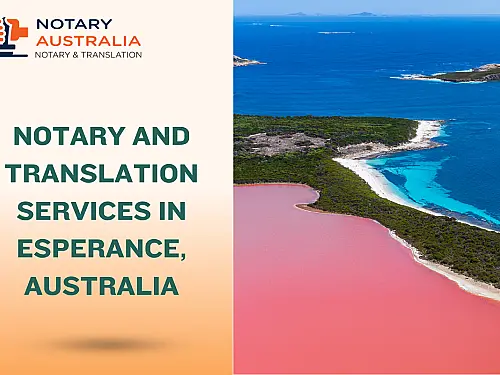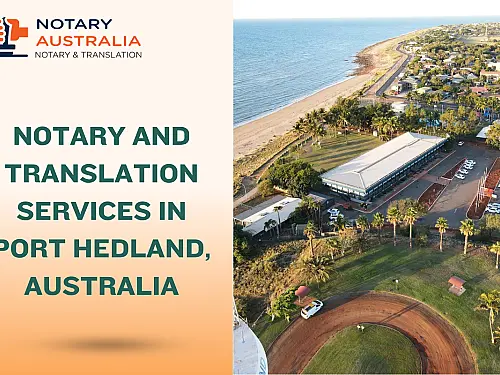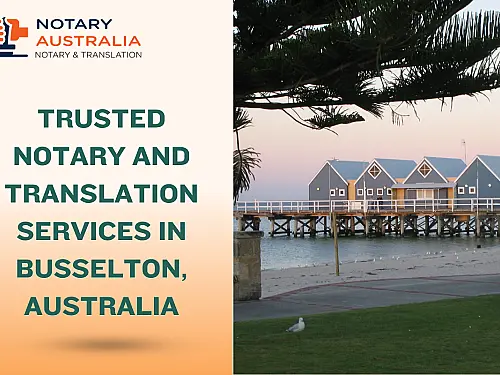



Legal Document Notarization: How to Verify Your Documents Properly

Table of Contents
When it comes to validating legal paperwork, few services carry as much authority as notarization. Whether you're handling contracts, affidavits, or international documents, legal document notarization is often a non-negotiable step.
In this comprehensive guide, we'll walk you through what notarization is, why it's important, how it works across different document types, and how to get it done—online or in person. If you need to notarize documents for court, real estate, immigration, or business use, you're in the right place.
What Is Legal Document Notarization?
Notarization is the formal process of verifying the authenticity of a document, the identity of the signer, and the willingness of all parties to sign without coercion. A notary public, a licensed official, performs this task by affixing a stamp or signature that renders the document legally recognized.
Notarized documents are often required in:
- Legal proceedings
- Real estate transactions
- Immigration applications
- Cross-border agreements
- Government and embassy submissions
Types of Legal Documents That Require Notarization
Personal and Identity Documents
Some of the most commonly notarized documents include:
- Birth certificates
- Marriage and divorce papers
- Driver’s licenses and passports
- Name change documents
- Identity declarations
Court and Legal Filings
When submitting materials to a court or legal body, notarization ensures:
- Validity of affidavits
- Sworn declarations
- Legal statements
- Power of attorney documents
- Witness statements
Real Estate and Property Agreements
Whether you’re buying a home, renting, or managing property overseas:
- Sale or purchase contracts
- Lease agreements
- Property transfers
- Mortgage documents
- Land title forms
Business and Corporate Filings
For legal compliance in business operations:
- Articles of incorporation
- Board resolutions
- Vendor or client contracts
- Non-disclosure agreements
- Intellectual property filings
Why You Might Need International Notarization
Planning to use your documents outside your home country? You’ll likely need one or more of the following:
Apostille Certification
If the destination country is part of the Hague Convention, you’ll need an apostille after notarization. This certifies that your notarized document is legally valid abroad.
Embassy Legalization
For countries not in the Hague Convention, you’ll need embassy or consulate legalization—another layer of verification after notarization.
Immigration and Visa Submissions
Common examples:
- Student visa documents
- Sponsorship forms
- Citizenship declarations
- Language proficiency certifications
Where to Get Legal Documents Notarized
In-Person Notarization
You can visit a local notary public office, law firm, courthouse, or bank. Many Australian cities—such as Sydney, Melbourne, and Brisbane—have walk-in notary locations.
Bring with you:
- Government-issued photo ID
- The original document (not yet signed)
- Any required witnesses
Online Notarization Services
Online notarization is now legal in many countries, including Australia (in limited formats).
With remote online notarization (RON), you can:
- Upload your documents
- Verify your identity via webcam
- Receive a signed, sealed PDF
- Request a physical copy by mail if needed
Urgent or Same-Day Notarization: What to Know
Need it fast? You’re not alone. Many providers offer same-day or 24-hour notarization for urgent cases, especially:
- Visa or court appointments
- Last-minute travel
- Loan closings
- Legal filings with hard deadlines
Look for services with:
- Mobile notary availability
- Weekend appointments
- Express courier delivery
Mobile Notary Services: We Come to You
Some clients prefer not to travel—especially for elderly or high-volume documents.
A mobile notary can visit:
- Your home
- Your office
- Hospitals
- Detention centers
- Embassies or consulates
They bring the necessary seals, forms, and ID-verification tools on-site.
What to Expect During the Notarization Process
Step-by-Step:
- ID Check: You’ll present a government-issued photo ID.
- Document Review: The notary ensures everything is filled correctly—but not yet signed.
- Signature: You sign in front of the notary.
- Seal/Stamp: The notary applies a seal and their signature.
- Log Entry: Your notarization is recorded in the notary’s official register.
Cost of Legal Document Notarization
Fees vary depending on:
| Service Type | Typical Cost (AUD) |
|---|---|
| Single-page notarization | $50–$100 |
| Multi-page document | $80–$150 |
| Online notarization | $60–$110 |
| Mobile notary visit | $90–$200 |
| Apostille/legalization facilitation | $150–$350 |
| Express/same-day notarization surcharge | $50–$100 |
Tip: Bulk pricing is often available for 3+ documents.
Checklist: What You Need Before Notarization
Make sure you have:
- Clear, original document (unsigned)
- Official photo ID (passport or driver’s license)
- Any additional paperwork required (e.g., forms, applications)
- Deadline (e.g., embassy appointment, court date)
- Preferred delivery method (email, post, in-person pickup)
FAQs About Legal Document Notarization
Can I notarize documents online in Australia?
Yes—some states allow electronic or remote notarization via video. Check with your notary first.
What’s the difference between notarization and apostille?
- Notarization: Certifies identity and intent.
- Apostille: Certifies that the notary’s stamp is legally recognized abroad.
Do I need a lawyer or just a notary?
Not necessarily. Notaries handle identity and document verification. Lawyers are only needed if you require legal advice or document drafting.
Will embassies accept notarized translations?
Yes, but they often require NAATI-certified translations and apostilled notarization for foreign acceptance.
Final Thoughts: Why Legal Document Notarization Matters
Whether you're finalizing a home purchase, preparing an immigration file, or sending legal documents abroad, notarization adds an extra layer of security, legitimacy, and global acceptance.
Choosing a trusted notary—online or in person—can save you from delays, rejections, and legal complications. And with mobile and express options, it’s never been easier to notarize the documents that matter most.
Want It Done Right?
Make sure your legal documents are notarized by professionals. Ask for digital + hard copy options and apostille support if you’re heading overseas.

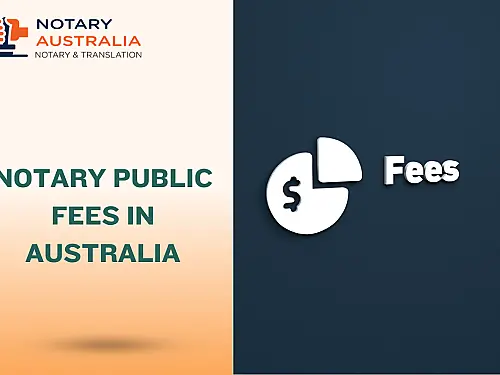
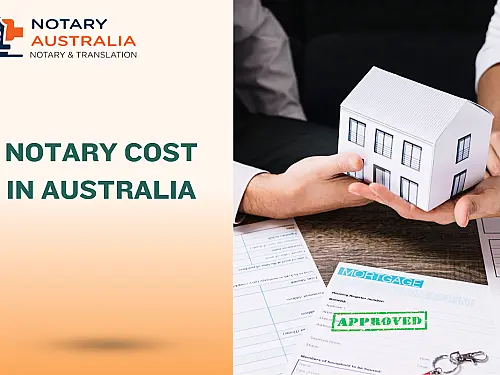
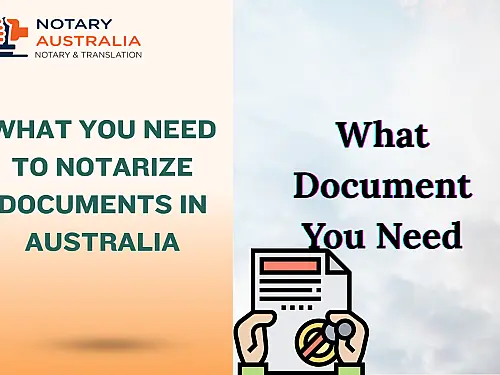
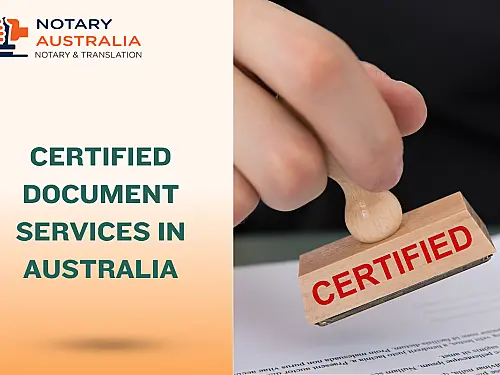
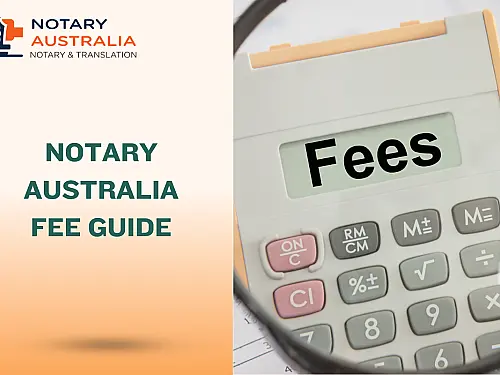
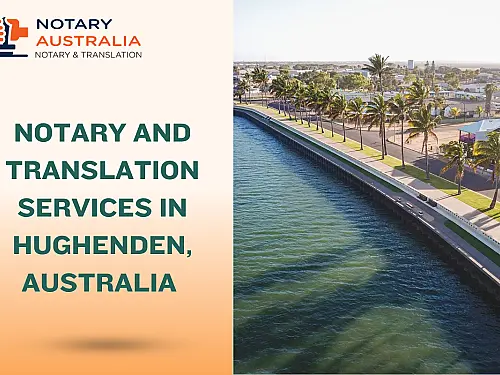
-thumb.webp)
